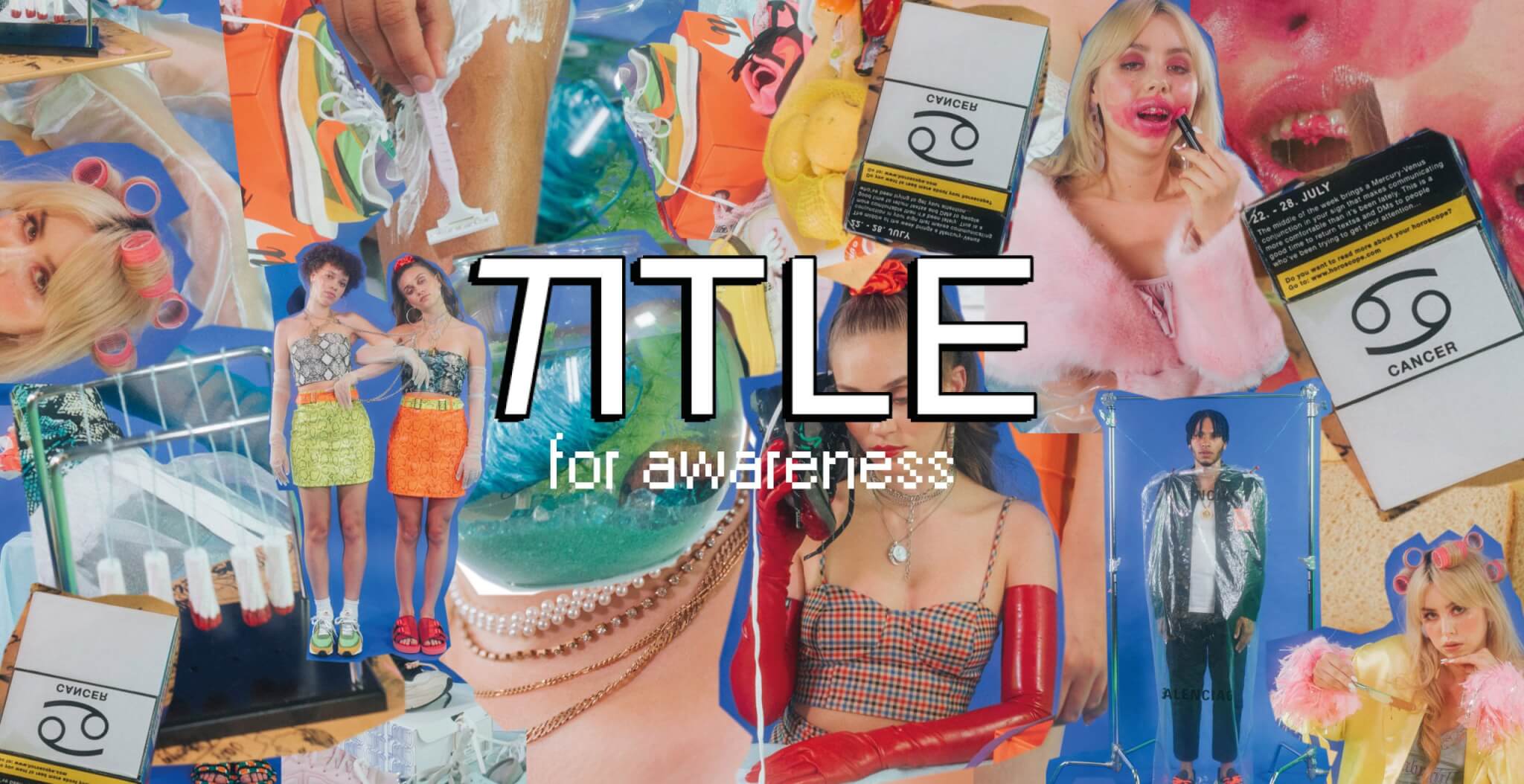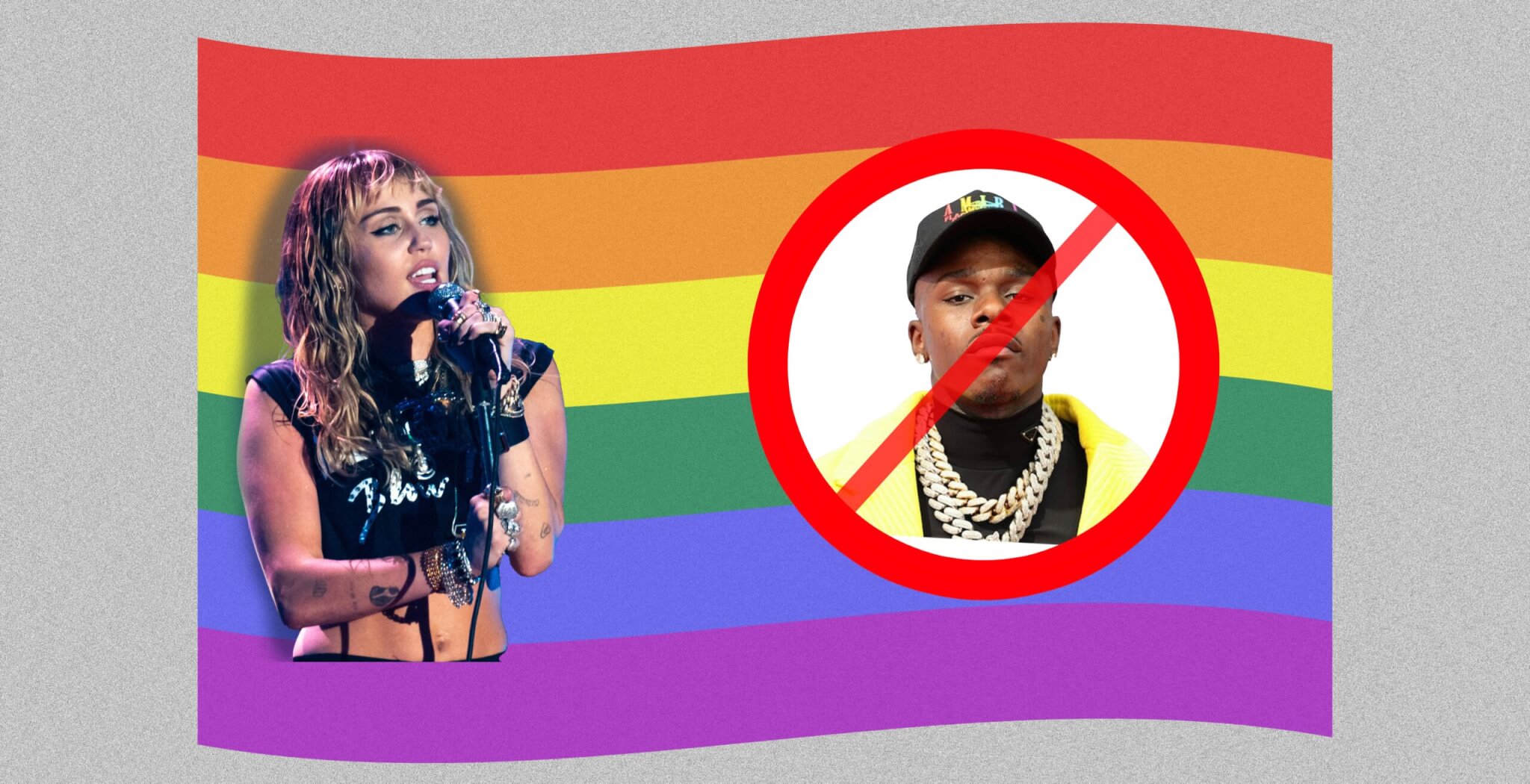Beyond 15 Seconds: Okfella on Authenticity, Art, and Skateboarding Culture. An Interview
We met Okfella for an iced coffee in Berlin (probably the last one of the season) to talk about his new EP, Mann über Bo(a)rd, which was released in September.
Solo or with his collective Boloboys, Okfella’s style is diverse and crosses genre boundaries. The origins of everything lie in skateboarding and hip hop, which still characterizes his art today. His songs touch on identity, love, escapism and youthful recklessness. We discuss optimism, authenticity on social media and why art deserves more than 15 seconds.
You released your new EP MANN ÜBER BO(A)RD in September. What is it about?
For me, Mann über Bo(a)rd is a world of thought in which my two worlds – skateboarding and my emotional world – come together. Bo(a)rd nods to the skateboard, but also to the feeling of being lost in the open sea of emotions.
During the creation process, I realized that this tape is more about my emotional side; I’m also in a very romanticized world as far as the sound is concerned, always looking through rose-tinted glasses.
Talking about this world of emotions can be a very personal thing – how do you approach the writing process?
I take the most inspiration from my own experiences, my surroundings and what I see in the city. I try to convey the stories I experience in a way that is understandable and approachable for others. It is very important to me that the listeners of my music feel understood.
How do you manage the balancing act between creating an artistic persona and still remaining genuine and talking about real feelings that people can identify with? Is it still possible to be real on social media?
I think it’s even better to be real. My roots in skateboarding have taught me that it’s always about being very loyal and authentic, so I’ve always aimed to show honest content on social media.
Of course, it’s also interesting to create a world that is simultaneously approachable and yet different from that of the fanbase, because it gives them access to a different reality. That’s what makes art so interesting for me, because you get to see the world in a different light.
The world can be different from what we know. Close yet otherworldly at the same time.
You direct and edit many of your music videos yourself. Clips like XOXO are reminiscent of earlier skate videos with their camcorder aesthetic and spontaneity. How did your last music videos come about?
I actually first got into videomaking through skateboarding, always a camera in hand. Making videos, backing it with a song and showing off your skate tricks – that’s how it all started.
And now it’s a mix of both – conceptual and spontaneous.
For Mann über Bo(a)rd I worked with Lars Brinkmann, Nico Engler and Emma Lou Larsen and made videos out of four singles: nonchalant was very conceptual and precisely planned beforehand. It’s about an acid trip, a dreamy druggy world, without showing it so explicitly.
The video for Meine +1 was a mixture of conceptual and casual scenes, I had this idea of recreating a surgery scene and we did that. XOXO, on the other hand, we shot very spontaneously when I was in Paris and just wanted to capture a few scenes.
These videos have their own dramaturgy and structure, and naturally are designed to be watched as a whole. How do you embed this on platforms like Instagram, which are increasingly focusing on shorter content?
In a recent post you wrote “I don’t live my life in 15 seconds and neither does my art,” you wrote, addressing the pressure on artists to adapt to social media algorithms. Aesthetics are giving way to virality; everything looks the same and is compressed into 15-second snippets, while music is in danger of becoming an increasingly interchangeable disposable product. Do all artists have to become influencers now?
Reels and tiktoks are not exactly the best formats for art – this causes an inner conflict for many artists. On the one hand, I want to produce conceptually and visually high quality content, but I’m disappointed when the reach is low because the content doesn’t correspond to 15 seconds. I want to create a visual layer to show a new world behind the music, which takes more time than that. Nevertheless, you shouldn’t just focus on the negative – that eats away at you. You can also try to do both: make a good music video and promote it well online.
Of course, the question arises: does every artist have to be an influencer? Otherwise you are at the bottom of the food chain and get no streams, no reach, maybe you do great projects, but nobody notices.
This conflict affects many people – as you could see from the reactions to your post, you hit a nerve. So why do so few people talk about it?
What stops many people from talking about it, I’ve noticed that in myself too, people are a bit afraid to take a boomer perspective. There’s always a certain threshold when you criticize something because it’s not going so well for you personally. That’s why you need the bigger players to talk about it too – to show that even the biggest artists are affected by this.
You can’t change the course of time. If short content is well received on TikTok, it can’t simply be changed – but it is important to create an understanding that it will be difficult if only such content is reproduced. I therefore wanted to use my platform to address this issue – that’s what social media is for, to talk about something that affects many others.
In this way, you might spark more interest and appreciation for conceptual work. Today, artistic appreciation is often measured by the response online. Of course, there’s more to it than likes, but it’s difficult when there are no other measures.
In some cases, it has already reached extreme proportions: Gigs are canceled if an artist doesn’t perform well online. Are social media algorithms plunging the music industry into a crisis? Or is the music industry already in crisis?
Partly yes, but that’s always a question of perspective. Every era in which art or music is made has its own individual problems. In the 80s, for example, it was difficult to reach people at all because there was no social media, promotion was done via cassettes, gigs etc. Today, anyone can reach people very easily and quickly. One post on an app, a 15-second video, can go viral immediately.
The live sector suffers as a result – all the people in the background can no longer be paid because you as an artist are no longer making enough profit.
The algorithm stands between you and your fans.
Although there are these problems that you mention, you continue to make music. Why is that?
The music business has always been tough, and that will never change. Even though it’s hard at times, it’s a privilege to make art. We should value it so much more.
Culture is an extremely important product of our society, and the thing that fascinates me the most. What do you leave behind? What are the memories that define us and our time? Art.
Are you hopeful?
Yes. I am an optimistic person. That’s the only way to get out of it.
Everyone is part of this culture and you can stand up for it. These social structures also exist within culture. If you stand up and talk about it, you can change something.




























